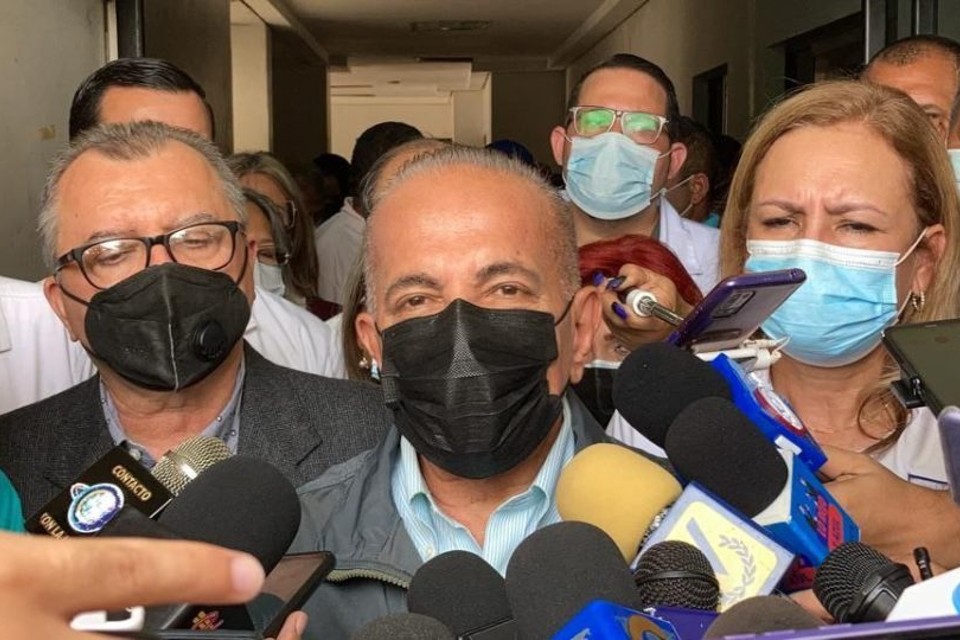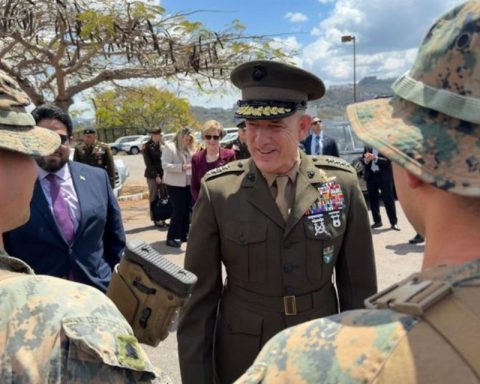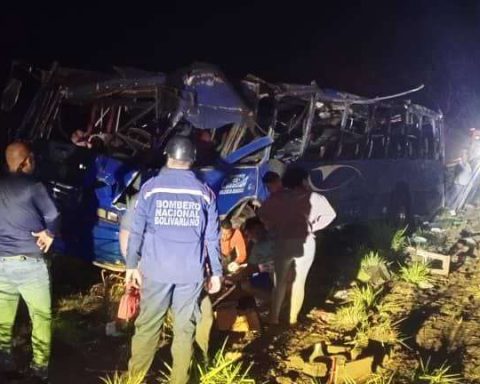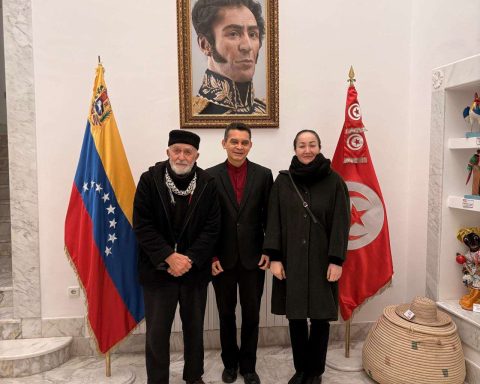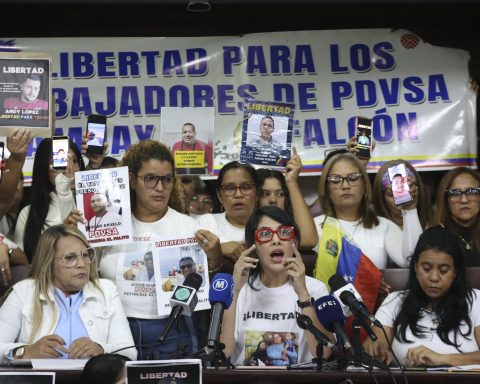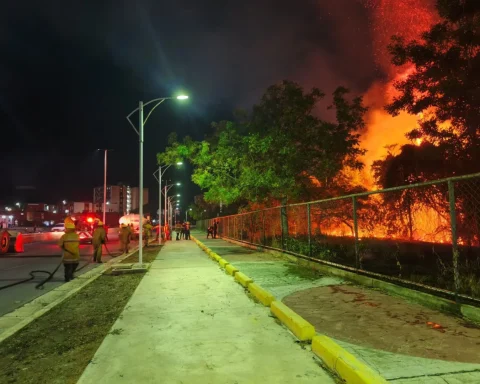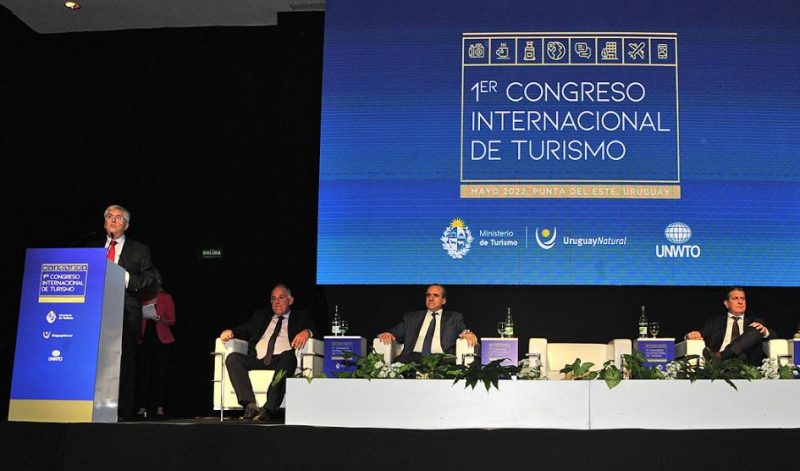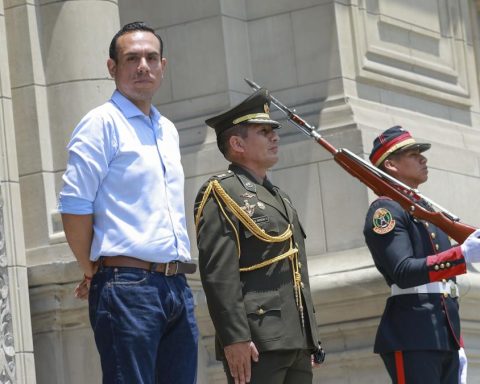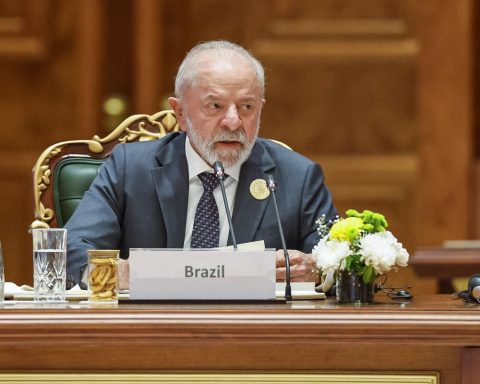Manuel Rosales believes that the relief of sanctions opens up a range of opportunities such as the return of the oil transnationals
The governor of Zulia state, Manuel Rosales, described as “positive” for the entity and for the country the decision to reactivate the negotiating table in Mexico and the eventual return of transnational companies to our nation.
“Finally, we are going to return to the negotiations in Mexico to find a way out of the crisis, to the tragedy that Venezuela is experiencing,” Rosales said on Wednesday the 18th during an activity held in the municipality of Lagunillas del Zulia.
He added that there are two things that can be saved from the negotiations, one of them is because mechanisms will be established and there will be political meetings that will lead to elections with guarantees to choose all the elected positions.
The second point has to do with improving services. In this sense, he said that he has always maintained the idea that in order to solve the country’s problems, dialogue must be held, above all to respond in terms of health and public services, to reach consensus and have help from abroad that allows improve them.
He considered that in the case of public services, these require urgent attention. “What is happening with the national electricity system is delicate, financing and agreements are required to find solutions in the medium and long term.”
*Also read: Manuel Rosales promises to reactivate oil production in Zulia
“We have said that in that agenda, in agreement with the national government, international organizations and the United States, resources should be allocated to CAF so that the electrical issue in Zulia can be solved (…) Also the water problem, serious. The health problem. That negotiating table also has to be for that. This is how it is established. The discussion and the search for solutions to people’s problems”, highlighted Rosales.
In his opinion, the relief of sanctions opens up a range of opportunities such as the return of the oil transnationals and the reactivation of national companies dedicated to the hydrocarbon industry because it is a “fundamental step” for economic recovery.
Likewise, Rosales referred to the advances in the South of Lake Maracaibo. “Our teams continue to approach the plan that we drew up against the floods with great responsibility. The rains continue and the rivers are swollen. That is a reality that experts attribute to the “La Niña” phenomenon, but these communities have had and will continue to have food, medicine and repair of damaged structures.”
With information from The truth / Final version
Post Views:
5
